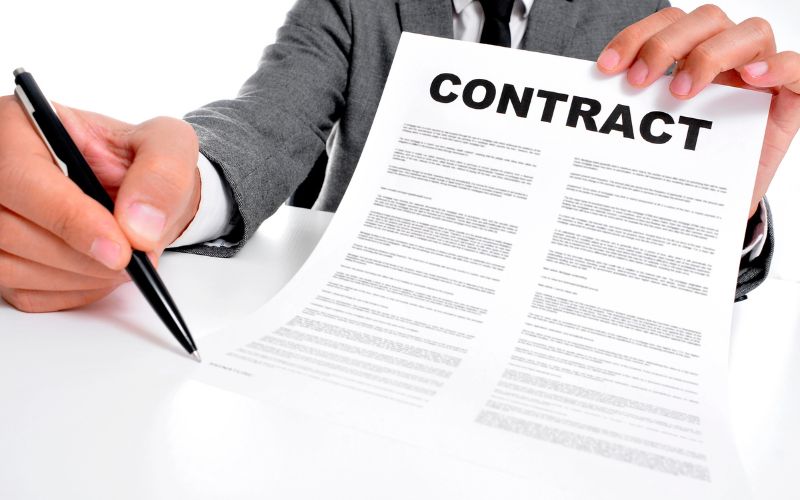If you are involved in a home sale or purchase either as the buyer, the seller, or as a real estate agent, it’s important that you understand the process and the responsibilities of each side. During a transaction, each side wants to reach an agreement that is favourable to them. However, in some cases, one side or the other may need to get out and an escape clause is one way they can do this.
Escape clauses are not uncommon in real estate, though they may be easily missed among all of the terms and conditions in a purchase agreement. They are important to pay attention to. If they’re used, it can allow a transaction to not go through.
In this article, we will cover what you need to know about real estate escape clauses, how they are used, and how you can protect your clients in a purchase or sale.

What is an escape clause?
An escape clause is not exclusive to real estate and is used in many legal contracts in various fields. Essentially, it’s a clause that allows a party to ‘escape’ or get out of a contract without penalty.
The escape clause can be used by either side of the transaction, both seller and buyer, and is a form of protection to ensure they are not stuck in a contract that is unacceptable to them.
Note: An escape clause is not simply a get out of jail free card. There are still procedures that must be followed in order to exercise the escape clause properly.
How sellers can use escape clauses
A common use of an escape clause in real estate is when the seller has accepted a conditional offer on their home. Some conditions may take just a few days to fulfill, but other conditions such as the buyer selling their existing home before purchase can leave a seller waiting for a long time to close. In a strong seller’s market, there may be many offers coming their way so a seller may want the option to accept a better deal while they wait for the buyer to fulfill their conditions.
An escape clause can allow the seller to back out of a sale in the event of a better offer. In this case, the first buyer must be informed in writing when the seller accepts a second offer and is asked to either waive their outstanding conditions and go forward with the purchase or decide to back out and allow the second buyer to proceed. Generally, this decision must be made quickly by the original buyer – the usual period is just 48 hours to come to a decision.
What buyers need to know
For buyers, it’s important to know that when you have a conditional offer accepted with an escape clause, the home may still be marketed to other buyers. This means you still need to ensure you act quickly to secure financing, conduct an inspection, sell a previous property, or meet any other conditions in order to reach a firm and binding agreement.

This also means that for a buyer, the more conditions you provide and the longer they may take to complete, the greater the chance that the seller will exercise an escape clause. Usually, if the conditions are not waived and the buyer backs out, the buyer’s deposit will be returned.
Buyers may also use an escape clause though this tends to be less common than for sellers.
Naturally, since an escape clause is part of an agreed-upon contract, it’s up to either side to accept or reject the contract on the basis of the included clause. This can come into play in markets that heavily favour the buyer or seller as they can exercise the imbalance in the purchase to get more desirable terms.
Why do they matter?
Escape clauses are important to understand for both the buyer and seller, as well as their agents. A home purchase can never truly be considered a done deal until a firm agreement is reached and an escape clause is a major way that deals can fall through.
For one, as a real estate salesperson, it’s important to understand how your client can use an escape clause to help protect themselves, sell their home quickly, and get as much money as possible on the sale. And, if you are working with buyers, it’s important to know how escape clauses can affect your offer or help your clients present an offer that has the best chances of working out.
It’s also important to be knowledgeable about escape clauses as your clients may have questions for you and managing their expectations can save them from potential disappointment (and save you from dealing with unhappy clients).
Always consult a real estate lawyer before signing
Though you should be knowledgeable to some extent on the topic, don’t expect to be an expert in the legal matters at hand. For any offer given or received, it’s important to consult the help of a real estate lawyer to make sure you understand exactly what your rights and liabilities are if you sign. This can save you from potentially disastrous consequences if a sale goes wrong.







